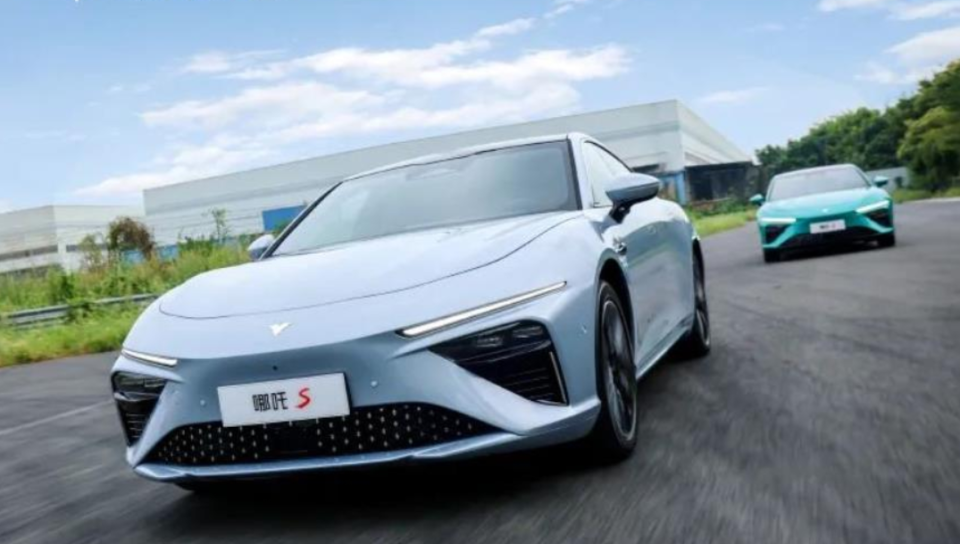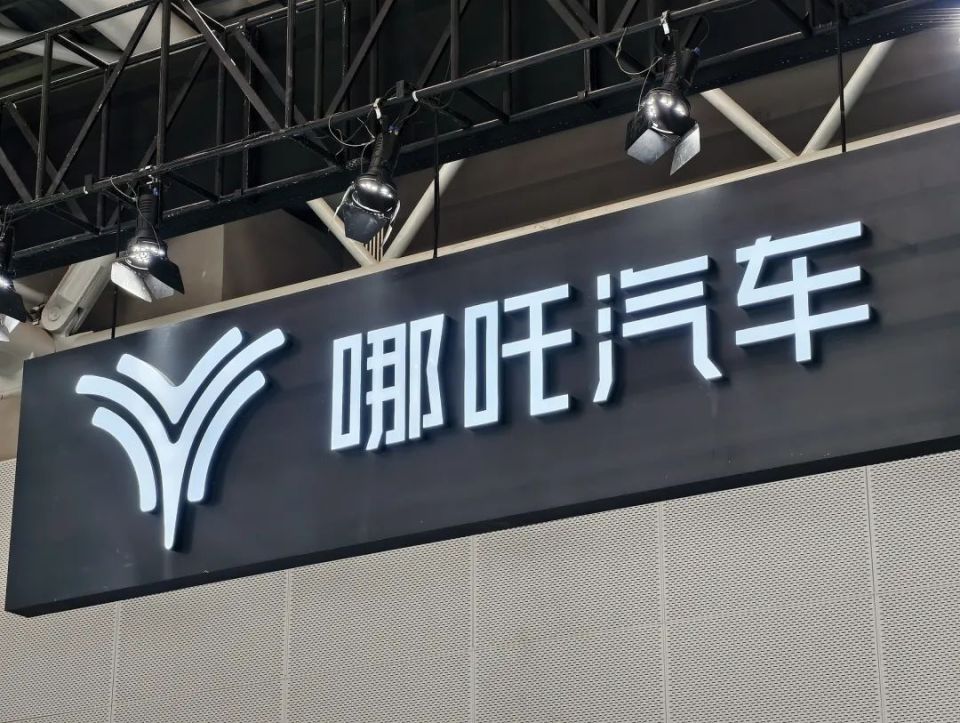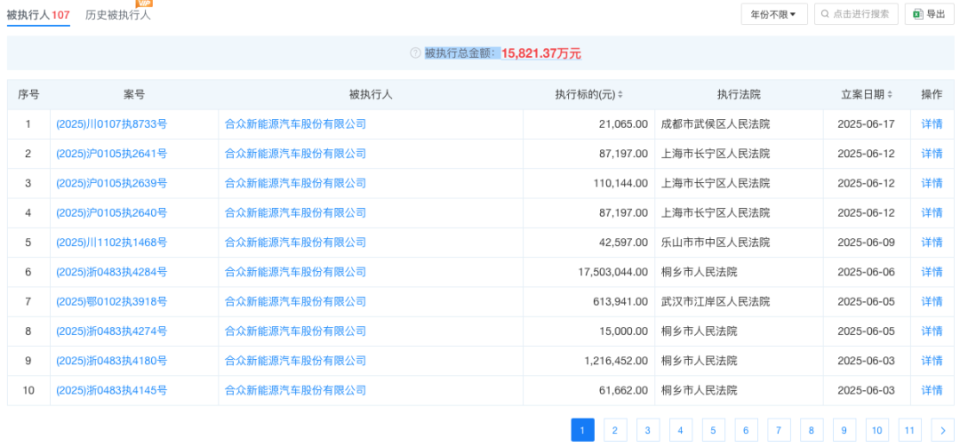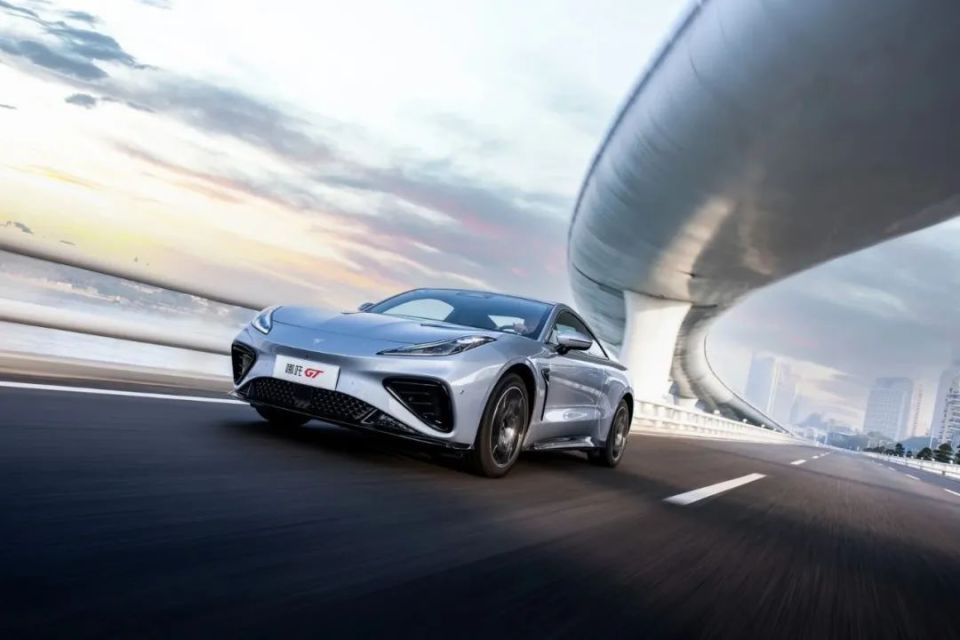From 'Sales Champion' to 'Bankruptcy': The Demise of Neta Auto
![]() 06/22 2025
06/22 2025
![]() 651
651
As the frenzy in the new energy vehicle sector gradually wanes, the harsh reality is shattering former glories.
On the evening of June 19, Neta Auto officially filed for bankruptcy. According to Tianyancha, Hezhong New Energy Automobile Co., Ltd., Neta Auto's parent company, has a new case listed: (2025) Zhe 04 Bankruptcy No. 3. The announcement reveals that the applicant is Shanghai Yuxing Advertising Co., Ltd.

This lawsuit has thrust Neta Auto to a critical juncture.
Since last October, Neta Auto has been mired in controversies over unpaid supplier bills and employee salaries, signaling the onset of a debt crisis. By June this year, employees collectively demanded unpaid wages, disputes erupted over headquarters relocation, and dealers and suppliers from various regions sought to protect their rights.
Negative public sentiment enveloped Neta Auto like a fog, and the root of this chaos stemmed from a sales collapse akin to an avalanche.
In 2022, Neta Auto surpassed NIO, Xpeng, and Li Auto with annual sales of 152,000 units, briefly becoming the sales leader among emerging automakers. It was even one of the earliest enterprises to obtain the 'dual qualification' for new energy passenger vehicles.

During this period, Neta Auto was in the limelight, undoubtedly a dark horse among new players. However, as the new energy vehicle market grew increasingly competitive and price wars intensified, Neta Auto's sales began to decline.
In 2023, sales fell to 127,000 units, a year-on-year decrease of 16.16%; by 2024, sales plummeted to just 64,500 units, nearly halving. Entering 2025, sales showed further signs of weakness, with a cumulative sales volume of only 1,752 units from January to May, averaging less than 400 units per month. This performance starkly contrasts with other emerging brands during the same period.
The continuous sales decline was like a sharp blade piercing Neta Auto's Achilles' heel, leading to a drastic drop in revenue and a broken capital chain. The lack of self-sustaining ability proved to be the final straw that crushed Neta Auto.
From 2021 to 2023, Neta Auto's revenue losses expanded from 4.84 billion yuan to 6.867 billion yuan, amassing cumulative losses exceeding 18 billion yuan over three years. However, paper losses alone do not tell the whole story. Despite being in a state of long-term losses, NIO, for instance, maintains operations and attracts investments due to its high-end brand image, technical potential, and the industry influence of its founders.

In contrast, Neta Auto's appeal in the capital market pales in comparison to NIO.
With continuous sales decline and increasingly exposed operational risks, it became difficult for Neta Auto to impress investors, leading to growing caution in the capital market towards the company. Without sufficient capital investment, it was impossible not only to reverse the sales decline but also to repay debts and maintain normal business operations, thereby falling into a vicious cycle.
Data shows that as of May 13, Neta Auto had accumulated over 300 judicial case records, with over 100 pieces of information on persons subject to execution still pending, and the cumulative amount subject to execution exceeded 160 million yuan. Moreover, restrictions on consumption piled up, and equity freeze information frequently appeared. These adverse factors intertwined, forming an insurmountable dilemma, making Neta Auto's situation increasingly precarious.

In fact, the reason Neta Auto has reached this point is twofold: blurred brand positioning and a lack of core competitiveness.
Since its inception, Neta Auto has been eager to cover all market segments. While it seems to be involved everywhere, it struggles to establish a firm foothold in each segment, making its brand image and positioning unclear. However, the shackles of technology are often even more severe.

In the new energy vehicle sector, technical strength is undoubtedly the foundation for a company's establishment. However, Neta Auto's history reveals insufficient investment in technology research and development. As the industry evolves, shortcomings emerge, gradually failing to meet consumers' vehicle needs.
In recent years, many new players have joined the new energy vehicle arena, while some veterans have unfortunately exited. Besides the traditional emerging automakers NIO, Xpeng, and Li Auto, autonomous brands like BYD and Geely have accelerated their transformation in the new energy field, leveraging profound industrial accumulation and resource advantages to launch highly competitive products and rapidly seize market share. This has squeezed the living space for traditional joint venture brands and made it even more challenging for these nascent forces with only a few years of experience.
In this war without smoke, Neta Auto lags behind its competitors due to issues such as blurred brand positioning and weak technical strength.
For Neta Auto, maintaining normal business operations during the bankruptcy reorganization process is a significant challenge. However, given the current situation, bankruptcy reorganization may only delay Neta Auto's demise rather than facilitate a true rebirth.







